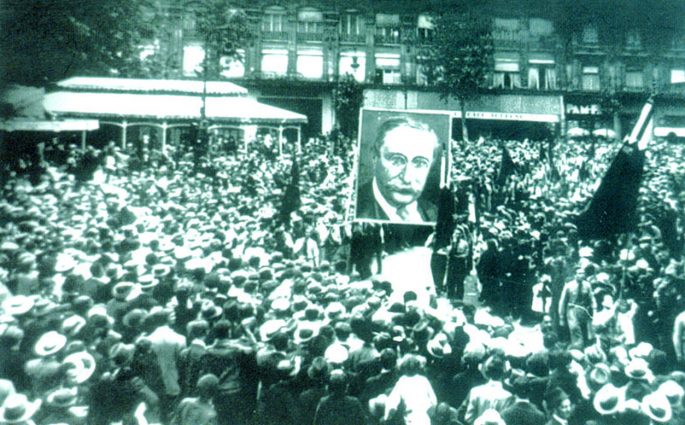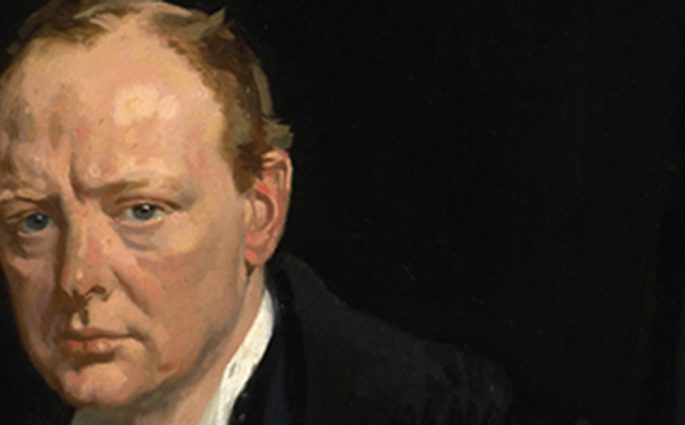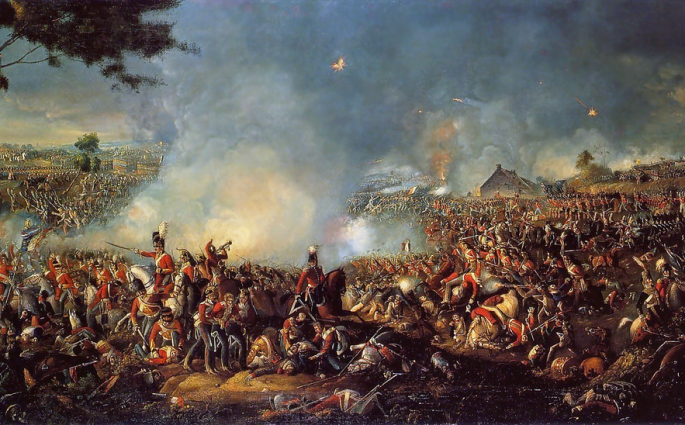Léon Blum and the Forty-Hour Workweek
Pierre Birnbaum— On June 21st, 1936, following the June 7th signing of the Matignon Agreements, the Popular Front government voted in the forty-hour workweek. They were led by Léon Blum, who had triumphed in the May 1936 elections. The law was a real revolution, a reconsideration of labor conditions for










